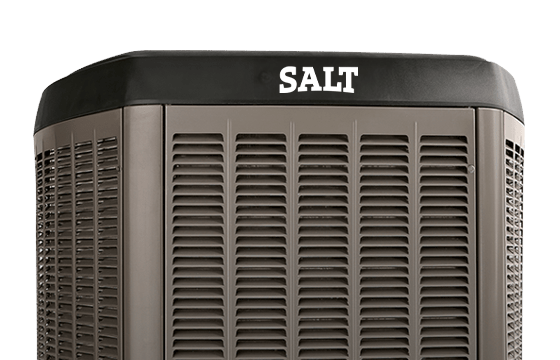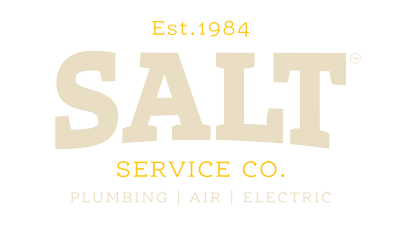Spring is around the corner. With the new tree buds and melting snow comes an unfortunate side effect – seasonal allergies.
If you’re like most Americans, you, too, suffer from watery eyes, a congested nose, and an itchy, scratchy throat. While allergies are relatively benign, they can significantly impact your quality of life, especially if you suffer from allergies for weeks on end.
So what can you do about this (besides popping Claritin like water)? Keep reading to learn how to improve indoor air quality and keep allergies at bay.
Before you whip out those tissue boxes and eye drops, take these steps first to reduce the allergens in your home.
Keep an Eye on Your Indoor Air Quality
The first step to improving air quality is determining your home’s air quality.
While you may have a sneaking suspicion when your air quality is poor (one clue is increased respiratory irritation), since allergens are microscopic, it can be challenging to determine when you have poor air quality.
Our HVAC experts can help you understand your indoor air quality (IAC) by running some simple home air tests. Our technicians will come to your home and take readings in several parts of the house.
These tests will determine whether you have elevated levels of carbon monoxide, mold spores, allergens, chemical levels, or other airborne pollutants. After all, you can’t take action to improve your IAC unless you know what’s in the air you’re breathing.
If you suspect you have poor indoor air quality, the first step is to understand your levels and the major pollutants. Learning this will help you navigate what next steps you should take, whether it’s an air filtration system, new filters on your HVAC equipment, or other interventions.
Monitor Humidity Levels
When there is too much moisture and humidity in the air, mold spores can grow. They grow in the air, in your vents, and on walls. That’s why so many bathrooms have fans or windows.
As any seasoned allergy-sufferer knows, mold can irritate your respiratory system, sending your allergies to the next level.
Thankfully, dehumidifiers can help.
If you have excess moisture and mold in your home, you can use a dehumidifier to lower humidity levels and kill mold.
How can you tell if you have too much humidity? If you have excess moisture, you’ll notice:
- Visible mold growth
- Peeling paint
- Sudden stains
Additionally, in a humid climate like Austin, TX, your chances of having excess humidity in your home are much higher than in dryer climates.
Change Air Filters
Changing air filters is perhaps the most important step homeowners can take to curb allergens in their homes. Air filters are a vital piece of your HVAC system and help the HVAC’s ability to decrease allergens in the air.
When you turn your air conditioner or heater on, the HVAC system sucks existing air from your home to replace it with air of more moderate temperatures. As it sucks the old air out, it also sucks in the dirt, debris, and allergens that float in your air.
The air filter is the piece that catches all of this debris and removes it from your home’s circulation. But when the air filter is too clogged, it has no way of collecting any more debris. As a result, the allergens are recirculated into your home’s air.
Keep pesky allergens out of your home; change your air filters once every two or three months for clean, crisp air.
Schedule HVAC Maintenance
An integral piece of your HVAC system is its ability to maintain healthy indoor air quality. But when your HVAC system wears down and doesn’t work as well as it should, it has a more challenging time moderating air quality.
For example, if your air ducts are dusty or have leaks or dents, this will impact your home’s air quality. Additionally, if your AC fan is dusty or hasn’t been cleaned, this can produce allergens and pump them into your air.
As a result, homeowners must schedule routine AC maintenance to ensure their HVAC system is clean and working how it should. Scheduling AC maintenance will considerably lower the allergen count in your home’s air.
Schedule an Appointment with SALT Home Services Today
Looking for guidance on how to improve your indoor air quality? Call our team! We’ll help you understand more about indoor air quality and how you can improve your home’s air. Additionally, we will tune up your HVAC system to improve air quality as much as possible.
Call SALT Home Services today to schedule your appointment!






